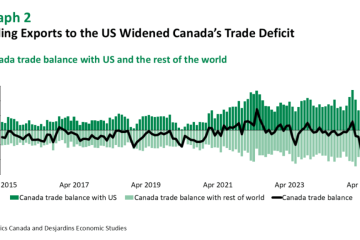The Significance of Oil in Today’s Global Economy

Introduction
Oil remains one of the most critical resources in the global economy, acting as a lifeline for many industries and a key driver of energy production. As countries strive to balance economic growth with environmental sustainability, understanding the role of oil in various sectors is more important than ever. This discussion is relevant not only for policymakers and businesses but also for consumers who are increasingly affected by fluctuations in oil prices.
Current Events in the Oil Industry
Recent geopolitical tensions have had a significant impact on the oil market. For instance, the ongoing conflict in Ukraine has led to instability in oil supply chains, causing prices to surge. According to the U.S. Energy Information Administration (EIA), Brent crude oil prices reached over $80 per barrel in early November 2023. This spike can be attributed not only to geopolitical factors but also to production cuts announced by OPEC+ in an effort to stabilize the market.
Moreover, the global energy transition toward greener alternatives has complicated the landscape for oil-dependent economies. As nations commit to reducing carbon emissions, particularly in response to climate change, there is a growing shift towards renewable energy sources like wind and solar. This transformation creates a dual dynamic where traditional oil-producing countries must adapt while also finding ways to leverage their oil resources during this transitional phase.
Impact on Consumers and Industry
The implications of rising oil prices are vast and can be felt across multiple sectors. For consumers, higher oil prices often lead to increased costs in transportation and energy bills, affecting daily life. Businesses that depend heavily on logistics and transportation face similar challenges, which can lead to increased prices for goods and services.
Industries that rely on oil, such as aviation and manufacturing, are particularly vulnerable. The International Air Transport Association (IATA) forecasts that the aviation sector may experience increased operating costs, potentially impacting ticket prices and profitability for airlines. Similarly, manufacturers may need to consider escalating costs in raw materials, which can further complicate supply chain dynamics.
Conclusion
As the landscape of global oil production continues to be influenced by geopolitical events, market demands, and environmental considerations, its impact on the economy is profound. The transition to renewable energy sources must be balanced with the realities of current oil dependency to ensure a stable economic future.
Looking ahead, stakeholders in the energy sector—including governments, businesses, and consumers—must stay informed about ongoing changes in oil production and price fluctuations. Future forecasts suggest that while the oil market may face challenges, it will continue to play a critical role in shaping economic conditions globally for years to come.





